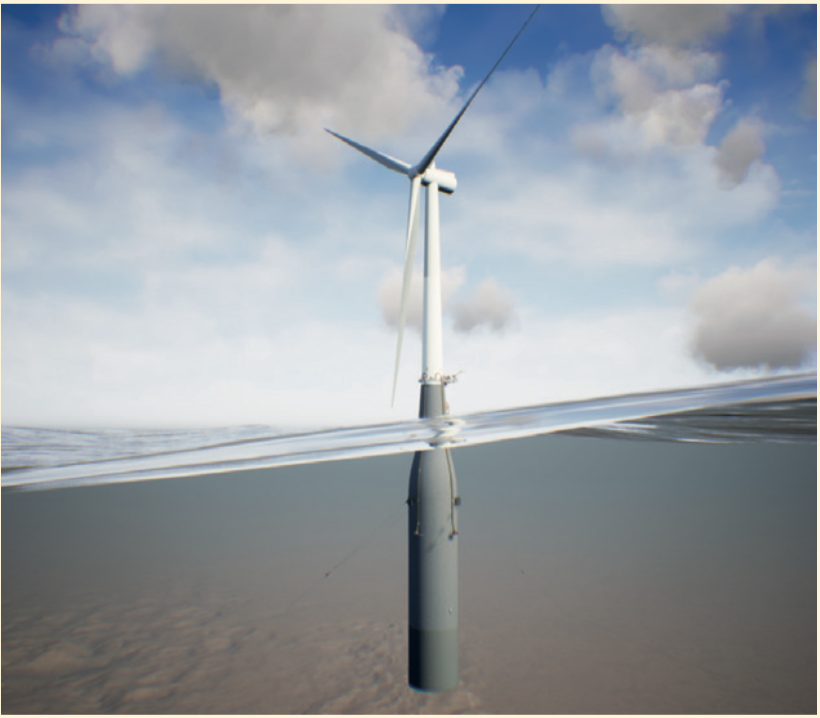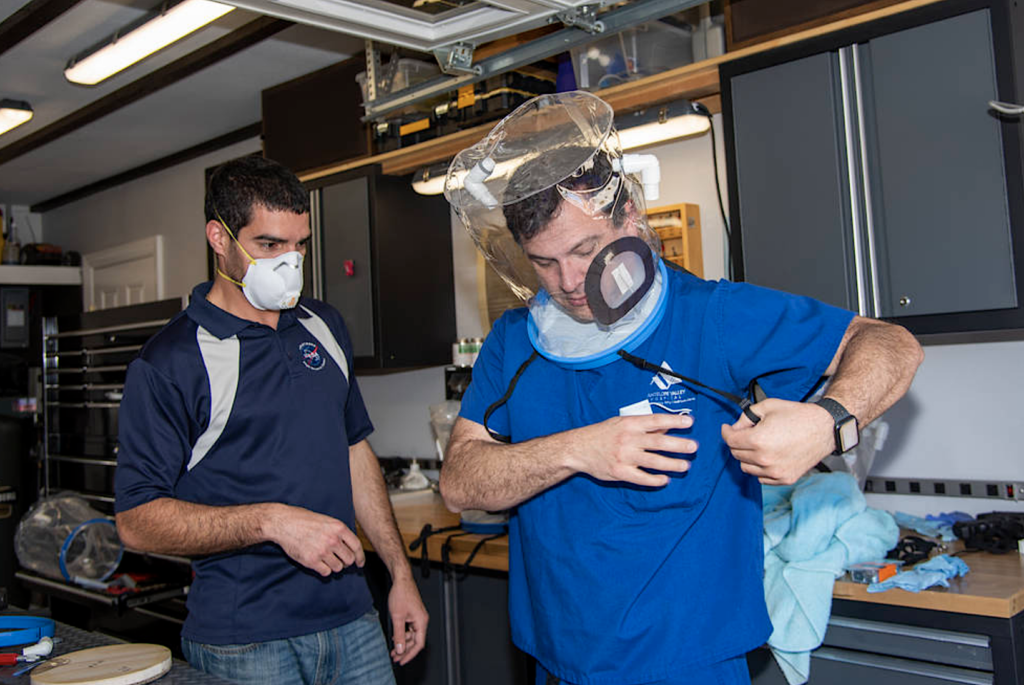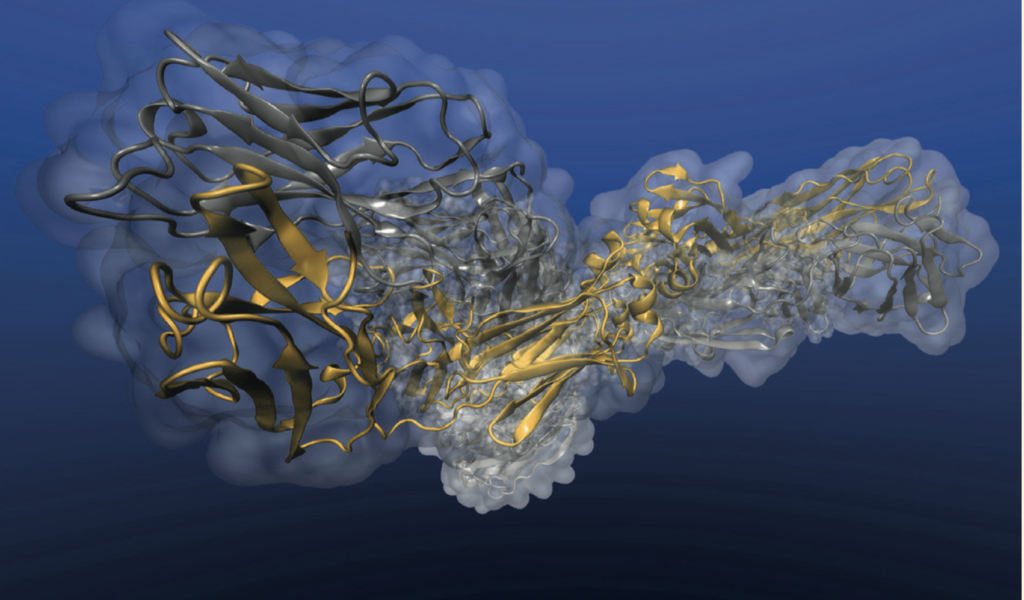Hywind tampen: the world’s first renewable floating power for offshore oil and gas approved by the norwegian ministry of petroleum and industry
Hywind Tampen is an 88 MW floating wind power project intended to provide electricity for the Snorre and Gullfaks offshore field operations in the Norwegian North Sea. It will be the world’s first floating wind farm to power offshore oil and gas platforms.
It will also be the world’s largest floating offshore wind farm and an essential step in industrialising solutions and reducing costs for future offshore wind power projects.
Hywind Tampen will be a test bed for further development of floating wind, exploring the use of new and larger turbines, installations methods, simplified moorings, concrete substructures and integration between gas and wind power generation systems.

The floating wind farm will consist of 11 wind turbines based on one of Equinor’s floating offshore wind technologies, Hywind. The wind farm will have a combined capacity of 88 MW and is estimated to meet about 35% of the annual power demand of the five Snorre A and B, and Gullfaks A, B and C platforms. In periods of higher wind speed this percentage will be significantly higher.
The wind power solution will help reduce the use of gas turbine power for the Snorre and Gullfaks offshore fields, while also offsetting 200,000 tonnes of CO2 emissions and 1000 tonnes of NOx emissions per year.
Together with their partners in the Snorre and Gullfaks fields, they reached a final investment decision (FID) in October 2019 and awarded key contracts for the NOK 5bn project in the same month.
Global sales of psychiatric drugs could reach more than $40bn by 2025 due to coronavirus, says GlobalData
An estimated 1.5 billion people around the world have been asked to practice social distancing amid the outbreak of coronavirus (COVID-19) that has caused the deaths of more than 69,000 people. The rapid spread of the disease, escalation of pulmonary symptoms, financial disruption, travel restrictions and social isolation have been cited as a catalyst for increased prevalence of mental disorders such as depression across a variety of age groups, says GlobalData, a leading data and analytics company.
Magdalene Crabbe, Pharma Analyst at GlobalData, comments: “Sales of drugs for psychiatric disorders such as depression, anxiety and obsessive compulsive disorder are expected to reach $27.4bn in 2020 – an increase of $717m from the previous year. Sales are then expected to increase from $27.4bn in 2020 to $40.9bn in 2025, growing at a compound annual growth rate (CAGR) of 8.4%.
“Personalized treatment strategies are important for treating psychiatric disorders, which may be exacerbated by the COVID-19 crisis. Responses to therapy are highly diverse, and drugs that work for some people may not be effective for others.

US Space experts to help Coronavirus patients
“It is important that people realise that depending on pharmaceutical drugs is not necessarily the solution to the negative impact that COVID-19 will have on people’s mental health. Recovering from the worst pandemic this century has experienced so far will be achieved through a combination of approaches, including psychotherapy, physiotherapy and financial assistance.”
Virgin Galactic and The Spaceship Company (TSC) joined with experts from the NASA Armstrong Flight Research Center, Antelope Valley College and the City of Lancaster to assemble a COVID task force.
According to George Whitesides, CEO Virgin Galactic and The Spaceship Company, Antelope Valley Hospital (AVH) approached local aerospace engineers to work on fast solutions to the problems of providing care to COVID-19 patients. In response, engineers and technicians from Virgin Galactic and The Spaceship Company (TSC) joined with experts from the NASA Armstrong Flight Research Center, Antelope Valley College and the City of Lancaster to assemble a COVID task force. The group’s aim has been to help hospitals in this region manage the patient surge that is increasing demands on PPE and breathing assistance mechanisms and risking doctor and nurse health.
One of their main achievement is the design and manufacturing of several prototype patient oxygen hoods, which allow oxygen rich pressure to support those admitted with COVID-19 – opening up the alveoli in the lungs, and helping to delay or prevent Acute Respiratory Distress Syndrome (ARDS) from developing.

© NASA/Carla Thomas
By mitigating ARDS, they hope this will then reduce the subsequent need for ventilator support.
“NASA Armstrong and TSC engineers have designed and built several prototypes, and already delivered 50 working hoods to the hospital. These prototypes are now being tested for comfort, ease of use and functionality. We hope they will serve as pathfinders for other communities who see the therapeutic benefits of non-invasive oxygen therapy and who may also have shortages of ventilators.” Says George Whitesides.
Antiviral Antibodies Researchers from Braunschweig explore novel therapies for Coronavirus
Researchers at the Department of Biotechnology of Technische Universität Braunschweig started a research project to develop novel antibody based therapy for coronavirus infections. To increase the chances of success, the international consortium pursues several parallel approaches of antibody-based therapies against the lung disease COVID-19 caused by the SARS-CoV2 virus. The research team of the Department of Biotechnology at TU Braunschweig will be responsible for the development of human antibodies, working in close cooperation with partners in Sweden, Belgium, Italy and Switzerland.
The consortium “ATAC” (Antibody Therapy Against Coronavirus) will be financed by the European Union with about 3 Million euro. In total, the European Commission has allocated 47 Million euro to 136 laboratories in 17 teams for the development of vaccines, diagnostics and therapies for COVID-19.

Antibodies for therapy have been in use for 125 years, because in contrast to conventional vaccines, they can be also used for the treatment of patients that are already ill. Emil von Behring was the first to use this therapeutic approach against diphtheria, which yielded him the Nobel Prize for medicine in 1901. From that date until today antisera from horses are still used for this type of therapy in most cases. In contrast, at TU Braunschweig, human antibodies will be generated with a technology called antibody phage display. This approach allows to generate human antibodies entirely in the test tube. Because this method also provides the molecular blueprint of these antibodies right away, they can be produced in cell culture in unlimited amounts and very high quality. Professor Stefan Dübel, head of the department of Biotechnology, an inventor of this technology, Professor Michael Hust, the principle investigator of this project, and their team have many years of experience in the development of neutralizing antibodies against viruses like Marburg virus, Ebola and HIV.
The development of therapeutic antibodies against COVID-19 is expected to take several months to a year, in particular because of necessary efficacy and safety tests.
Click here to read the 2020 May edition of Europe Diplomatic Magazine


